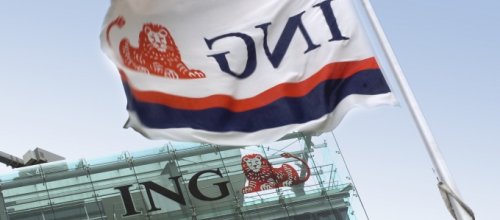Now online: ING’s Environmental and Social Risk Policies
For Better Business

This March, ING has made its Environmental and Social Risk (ESR) Framework available online. The ESR framework involves the application of high environmental and social standards in our operations to mitigate risks, addressing issues like human rights, biodiversity and ethical dilemmas. ING has chosen to publish this framework online to provide more transparency and insight into our policies and how we implement them.
ING has applied its ESR policies to its business activities since 2003. The publication of the ESR Framework follows an extensive review of the framework to reflect emerging best practices and to embed the implementation deeper in the organisation. We have updated our policies to strengthen guidance on key sectors and how to assess risks. Moreover, the screening process is now initiated locally, closer to our clients.
On-boarding
Client due diligence is a routine part of ING’s “on-boarding” process. This means we check that the client’s activities are in line with ING’s Business Principles and ESR Framework.
The ESR framework itself consists of several policies:
- Human Rights and Environmental Management
- Exclusion
- Sector
Exclusion Policy
ING has identified a number of activities it will not support:
- Fur
- Commercial whaling
- Online gambling
- Online pornography
- Animal testing for cosmetics
- Deforestation of tropical rainforest
- Controversial weapons, such as nuclear weapons.
ING will not finance these activities or do business with companies or organisations where the majority of activities relate to these excluded activities. See the Environmental and Social Risk Framework for a complete list.
Sector Policy
Some sectors are more likely to be associated with environmental and social risk than others. The cost of failing to manage these impacts is high. Therefore, ING has identified sectors where additional due diligence is required:
- Chemicals
- Energy (Oil and Gas, Power Generation)
- Forestry and Agricommodities
- Manufacturing
- Mining and Metals.
Clients operating in these sectors – and each of their transactions – are assessed against industry standards and best practices on the management of environmental and social issues. When financing projects, ING also applies the Equator Principles: an internationally recognized credit risk management framework for project finance transactions.
Because of the complexity of ING’s sector policy, staff needs to be trained and various systems integrated during the course of 2013. In the meantime, the current ESR procedures will remain in place.
Restrictive list
In order to ensure the ESR Framework can be applied across all its activities, ING has developed an ESR restrictive list of non-eligible companies. This list is used across the Group – in both Banking and Insurance/IM – to ensure we don’t do business with companies who do not uphold our Business Principles and ESR policies.
Serving our customers better
Implementing our ESR standards over the past 10 years has helped us serve our customers better. The framework can help our clients strengthen their overall risk profile. To help achieve this, a dedicated Environmental and Social Risk team advises relationship managers, the credit committee, senior management and our clients on business transactions with potential environmental or social sensitivities.
For more information, the ESR policy document can be downloaded on ING for Something Better.
